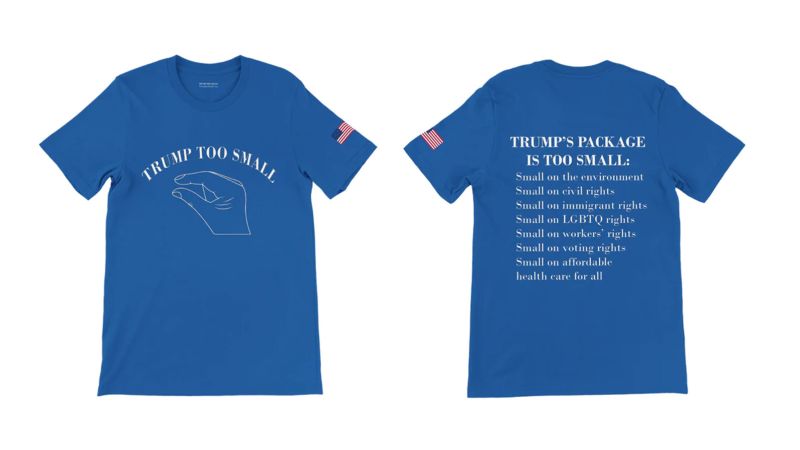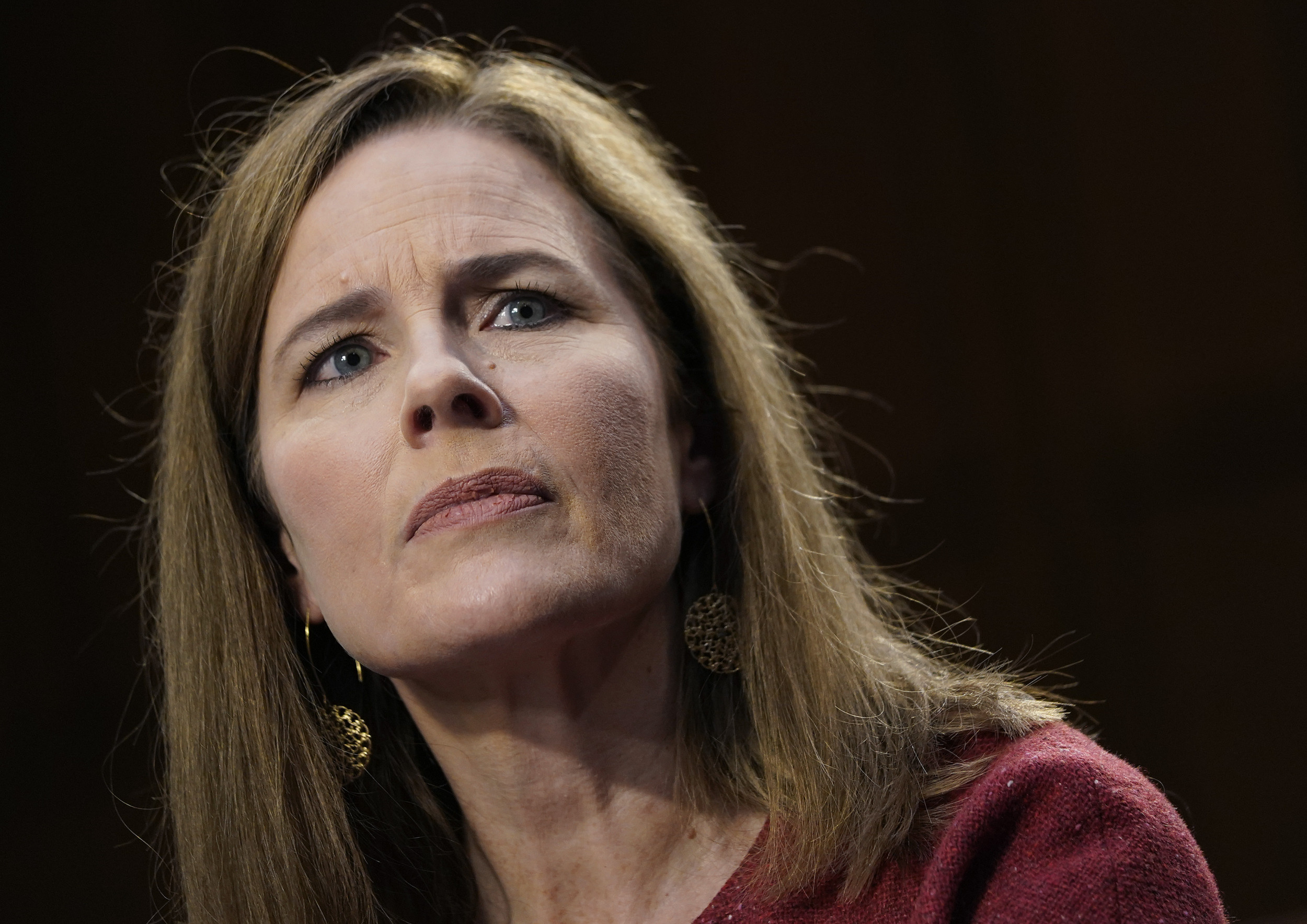
In a unanimous decision, the Supreme Court rejected an attempt by California lawyer Steve Elster to trademark the phrase 'Trump Too Small' for use on merchandise criticizing former President Donald Trump. The court upheld the U.S. Patent and Trademark Office's (USPTO) denial of Elster's application due to a law prohibiting trademarks that use the names of living people without their consent.
The phrase 'Trump Too Small' originated from an exchange between Trump and Sen. Marco Rubio during the 2016 Republican presidential nomination race. Rubio mocked Trump's hand size, and Trump responded by defending his hands during a debate.
Elster argued that this decision violated his free speech rights, but all nine justices disagreed using differing rationales. The court emphasized the long-standing tradition of allowing individuals control over trademark-type protections related to their names.
Justice Clarence Thomas wrote the majority opinion, stating that a tradition of restricting the trademarking of names has coexisted with the First Amendment. He noted that this history and tradition is sufficient to conclude that the restriction on Elster's application is compatible with the First Amendment.
Justice Amy Coney Barrett concurred, but she saw less relevance to the history. She believed that even without it, the restriction passes constitutional muster as a content-based, viewpoint-neutral trademark restriction.
The denial of Elster's trademark application does not prevent him from making or selling 'Trump Too Small' merchandise. Other individuals can also create and sell similar items without any legal restrictions.
This case is significant as it deals with the balance between free speech rights and trademark law, particularly when it comes to using the names of living individuals in commercial contexts.




